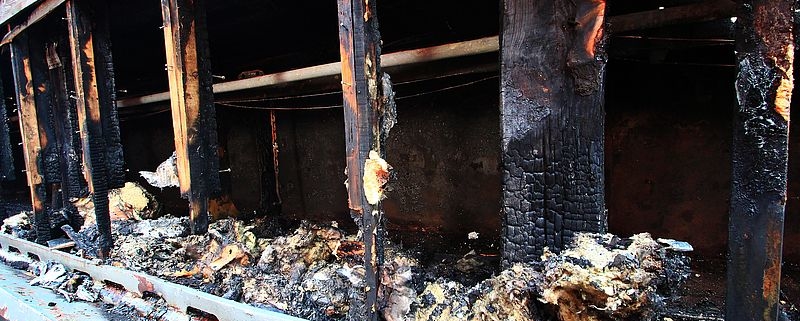Dutch repairyard not liable for damage to Noah’s Ark
On 16 October 2019 the Rotterdam Court rendered an interesting judgment on the Dutch General Yardconditions “VNSI” (ECLI:NL:RBROT:2019:8389).
The Owners of a 70 meter long wooden replica of the Ark of Noah contracted with a Dutch shiprepair yard for some repairwork. To the repaircontract the Dutch General Yardconditions “VNSI” applied.
During the execution of the work fire broke out causing severe damage to the vessel, for which the ship owners held the repairyard liable.
Art. 13.2 of the Dutch General Yardconditions “VNSI”read as follows:
The yard shall not be liable for damages, except if and insofar as the yard shall inflict damages intentionally or through gross negligence. However, except in the case of intent on the part of the yard, liability of the yard for loss of profit, consequential or indirect damages is, at all times excluded. In this clause gross negligence or intent of the yard means gross negligence or intent of the yard’s officers and of managing officials identifiable with the yard.
This art 13.2 is clear: in principle the repairyard is not liable unless the damage has been caused intentionally or through gross negligence.
The Owners did not argue that the damage had been caused intentionally, but did argue that the damage had been caused through gross negligence. The court held that the Owners did not succeed in proving the gross negligence (which is indeed often difficult under Dutch law).
Therewith there remained for the Owners to argue that, shortly put, under the principles of reasonableness and fairness the repairyard should not be allowed to rely on the exoneration contained in art. 13.2 of the Dutch General Yardconditions “VNSI”.
There is Dutch case law in which it has been held, shortly put, that a party which is in principle entitled to invoke a (contractual) right, can nonetheless be denied such invocation where, in the given circumstances of the case, such would conflict with the Dutch principles of fairness and reasonableness.
In the subject judgment of NOAH’s ARK, the Rotterdam Court referred to its earlier judgment of 13 December 2006 (ECLI:NL:RBROT:2006:BD6181) in which it had held in a similar case, that invocation by the yard of art. 13.2 (in that case) did not conflict with the principles of fairness and reasonableness.
In that earlier judgment the Rotterdam Court held that invoking art. 13.2 Dutch General Yardconditions “VNSI” was not unreasonably onerous for the Shipowner:
- since both the repairyard and the Owners were professional parties working in the shipping industry in which using general terms and conditions is common practice;
- since the Dutch General Yardconditions “VNSI” are used by many Dutch ship repairyards;
- since the repair contract clearly refers to the Dutch General Yardconditions “VNSI” which had been printed on the reverse side of the contract;
- the Owners could have read the conditions and could have commenced negotiations with the repairyard in an effort to exclude art. 13.2 from applicability;
- since an exclusion / limitation of liability is not unreasonable taking into account the possible liability and the price payable to the yard for the repair work;
- the Owners were insured themselves against the suffered damage.
Since this remaining argument failed also, the Rotterdam Court rejected the Owners claims. This case confirms that in principle Dutch shipyards are able to rely on the Dutch General Yardconditions “VNSI” if applicable.
(Mr Richard van ‘t Zelfde, publication 06.11.2019)



